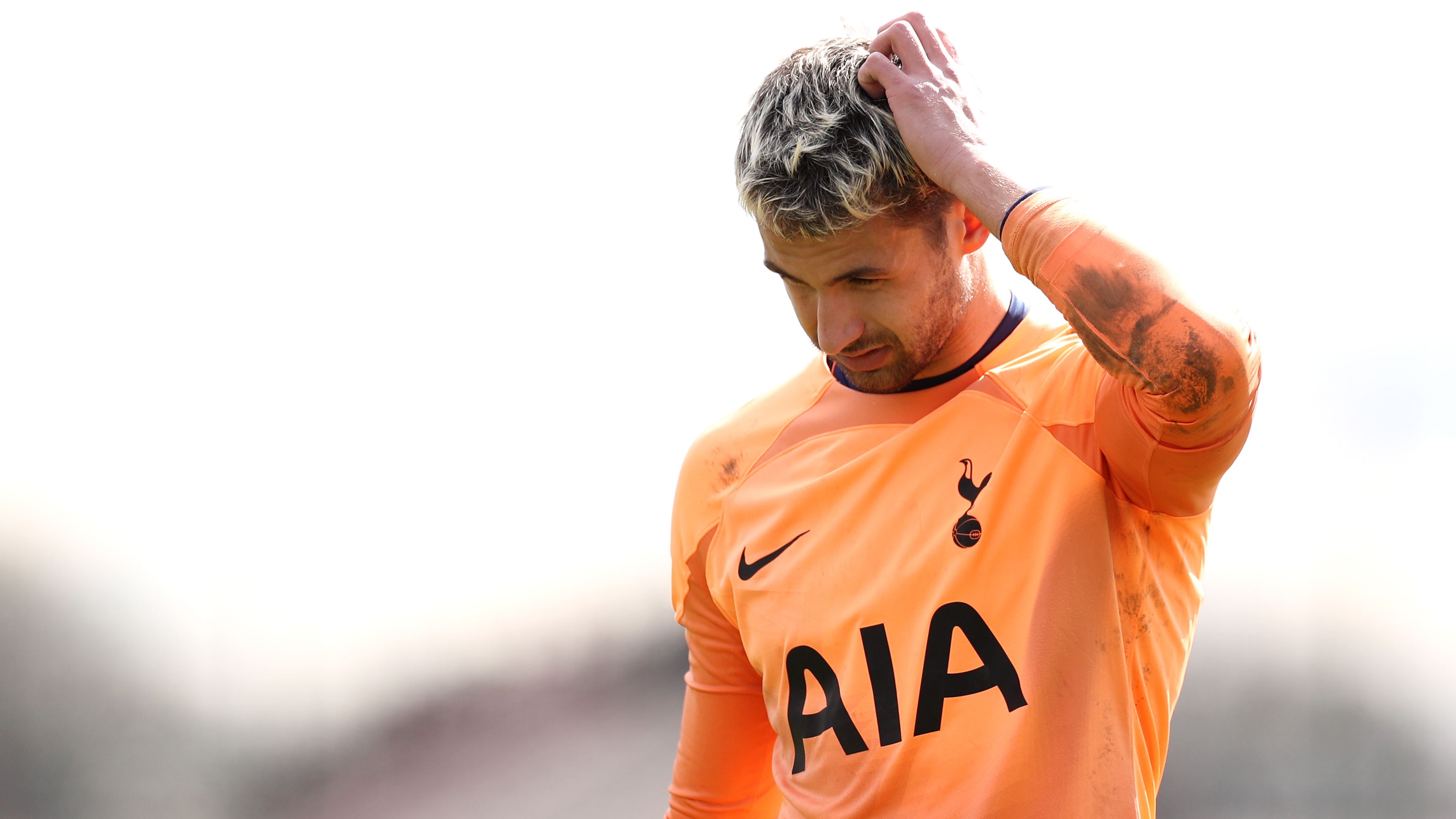After leaving Tottenham in the summer, Whiteman confirmed that he has hung up his gloves to pursue a creative career in photography and directing. Having spent over 16 years with the North London club, Whiteman was widely respected for his professionalism despite limited on-pitch opportunities. Now signed with Somesuch, a London and Los Angeles-based production house behind Oscar-winning projects, the 26-year-old has embraced a new chapter focused on filmmaking
Whiteman’s decision to retire came after years of introspection and an evolving passion for the creative role. During his time at Spurs, where he earned between £2k and £5k per week, he balanced life as a professional footballer with acting classes and media projects, slowly building a network in the creative industry. Despite offers from Championship clubs to continue playing, he opted to step away from football altogether, prioritising happiness and self-expression over professional stability.
The former England U17 international’s transition has been seamless. Within weeks of announcing his retirement, Whiteman assisted on photography and film sets, worked with renowned creatives such as Harley Weir and Aria Shahrokhshahi, and released a short film about the World Toe Wrestling Championships. The project received critical acclaim and ultimately led to his signing with Somesuch, marking the beginning of his next career.
“I signed for Spurs at 10 years old,” Whiteman told The Athletic. “Then I left school at 16 and went straight into this full-time life of football. When I was around 17 or 18, living in digs, I just had this feeling inside of, ‘Is this it?’ Getting on the minibus, going to training, doing the Sports Science BTEC (I also did an A Level in Economics) and going home to play video games. I realised, ‘Oh, I’m not happy here’ from quite a young age.
“The stereotype of a footballer is generally quite true. It’s the golf, washbag culture. I was that young footballer. I wanted the Gucci washbag and I drove the Mercedes. You all just become a reflection of each other. You’re a product of your environment. It’s the way football is in this country; it’s so shut off from anything else. You go to training and then you go home, that’s it.
“I guess I always felt a little bit different. My teammates — who I got on well with — called me a hippie. That was their definition. But then, when I was 18, I met my ex-girlfriend, who was a model. She was a bit older than me. Her best friend was a director. It just started opening my eyes to what life has to offer. So as I was getting a bit older around 18 or 19, I started meeting new people and realising a bit more about myself, and understanding the football bubble, because it’s so insular.”
Whiteman’s journey from football to film wasn’t sudden — it was years in the making. Even as a teenager, he sought out experiences beyond football’s narrow focus, assisting directors and photographers on set during his days off. “Football is a short career regardless,” he explained. “I knew I didn’t want to stay in it forever. It was about trying to gain experience and be proactive in learning about things I was passionate about — and mainly because I was enjoying it.”
After leaving Spurs, Whiteman trialled with two English clubs, including one in the Championship that offered him a short-term deal. However, he declined the contract, admitting, “I saw happiness in these other avenues. It got to the point where I’d rather end this on my terms than go to a club that I didn’t want to go to.” Instead, he threw himself fully into his new career — and within days was assisting Harley Weir and rapper Central Cee on a Nike shoot, before joining Shahrokhshahi to film a documentary across Norway and Ukraine.
His first personal project, a short film about the World Toe Wrestling Championships, became a turning point. “There was no budget or brief, nothing,” Whiteman said. “I turned up with my camera and ran around shooting it, then sat with an editor to finish it — and it got posted.” The short received glowing reviews from David Reviews, earning him a contract with Somesuch. “Somesuch have their film and commercials departments, and I do photography,” he added. “I’ve got project ideas for short films, and hopefully one day, a feature-length.”
Now settled into his role at Somesuch, Whiteman is focusing on developing new projects that blend photography, film, and storytelling. His current plans include directing short films and continuing to learn under top cinematographers and producers, while gradually building a distinct creative voice. “There’s just so much to learn,” he said. “I want to be on set with talented people, making things that mean something.”
Although Whiteman has not watched football since his retirement, he remains open to reconnecting with the sport in a creative capacity. He has hinted at potential film ideas tied to next summer’s World Cup in North America — projects that would allow him to merge his past in football with his present passion for visual storytelling. For now, though, his focus is firmly on the lens, not the goalposts.
His journey stands as a rare example of an athlete walking away from the game on his own terms — not because of injury or lack of opportunity, but in search of genuine fulfilment. “I’m in complete control of my life,” Whiteman said. “It’s exciting and really scary.”
